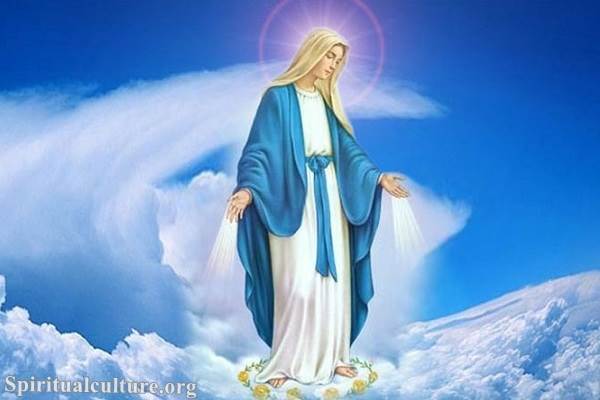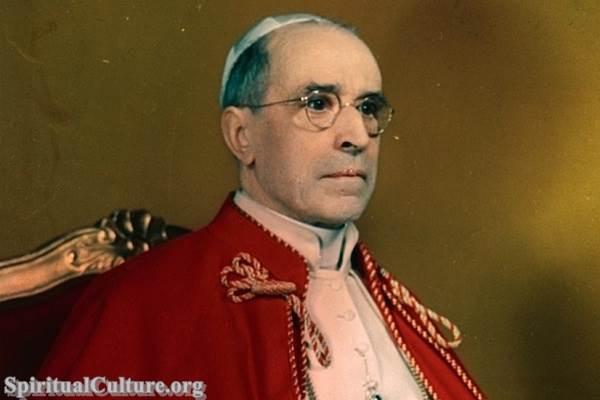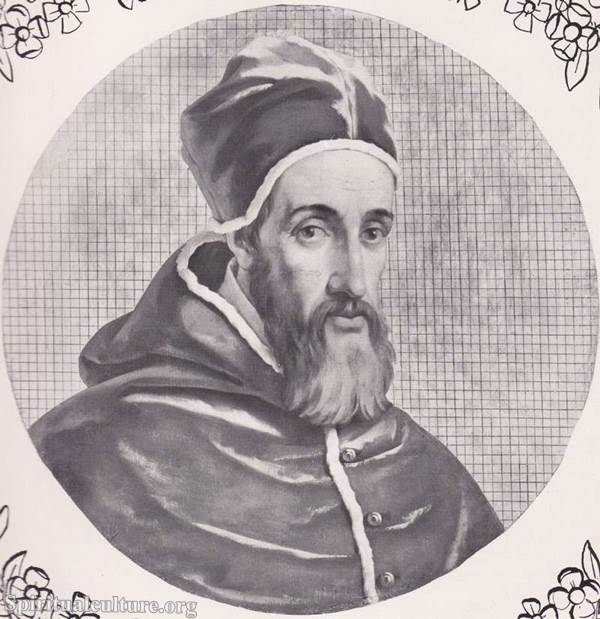In the realm of Catholicism, the Patron Saint of Animals holds a special place. This figure is revered not only for their dedication to the well-being of animals, but also for their embodiment of compassion, kindness, and love for all God’s creatures. This saint is none other than St. Francis of Assisi, a revered figure who is synonymous with the protection and care of animals.
Catholicism and the Patron Saint of Animals
Catholicism is a religion rich in history, tradition, and symbolism. From its sacraments to its saints, every element holds a special significance. The concept of a patron saint is one such element that holds a profound meaning. A patron saint is regarded as a heavenly advocate for a specific group, occupation, or cause.
Among these revered figures, the patron saint of animals is a beacon of hope for animal lovers, conservationists, and those who believe in the sanctity of all life forms. This role falls to St. Francis of Assisi, who is widely recognized for his deep love for animals and nature.
St. Francis of Assisi: The Patron Saint of Animals
Born in Italy in the 12th century, St. Francis of Assisi led a life dedicated to emulating Christ’s teachings of love, compassion, and humility. His love for animals was evident in his teachings and actions, earning him the title of the Patron Saint of Animals.
Francis believed that all creatures were equal under God. He is often depicted surrounded by animals, communicating with them, and treating them with utmost kindness and respect. There are countless stories of Francis saving animals or speaking to them, further solidifying his role as their patron saint. One of the most famous tales involves a wolf terrorizing a town, which Francis tamed and brought into harmony with the townsfolk.
The Catholic Church officially canonized Francis as a saint in 1228, two years after his death. His feast day, October 4th, is often celebrated with a blessing of the animals. This tradition involves bringing pets and other animals to the church for a special blessing, symbolizing Francis’ enduring love and care for animals.
The Role of the Patron Saint for Animals in Modern Catholicism
In modern times, the patron saint of animals continues to hold a significant place in Catholicism. St. Francis of Assisi serves as a reminder of the importance of treating all living beings with kindness and respect. His teachings inspire many to advocate for animal rights, promote conservation efforts, and strive for a harmonious coexistence with nature.
The Patron Saint for animals is also invoked in prayers for sick or lost animals, symbolizing the belief that Francis’ love for animals extends beyond earthly life. Many Catholic pet owners and animal lovers turn to St. Francis in times of need, praying for his intercession.
Conclusion
The Patron Saint of Animals, St. Francis of Assisi, holds an enduring place in Catholicism. His life and teachings exemplify a profound love and respect for all creatures, inspiring many to adopt a similar mindset. As we continue to face environmental challenges and threats to biodiversity, the message of this beloved saint is more relevant than ever. Let us remember St. Francis of Assisi, not just as the patron saint for animals, but also as a symbol of love, compassion, and harmony with nature.







